Buying/Renting a Cabin Guide
- July 6, 2023
- 0 comment
Whether you’re dreaming of a peaceful retreat amidst nature or planning a cozy getaway with loved ones, cabins offer a wonderful escape from the hustle and bustle of everyday life. However, purchasing or renting a cabin is a significant decision that requires careful consideration. To ensure your cabin experience is everything you’ve envisioned, it’s crucial to evaluate various factors before making your final choice. In this article, we’ll explore the key factors you should consider when buying or renting a cabin.
Location and Accessibility
One of the first factors to contemplate is the location of the cabin. Do you prefer a secluded spot deep in the woods or a cabin near a bustling mountain town? Consider the proximity to amenities such as grocery stores, medical facilities, and recreational activities. Additionally, assess the accessibility of the cabin, especially during different seasons. Snowy or muddy roads may pose challenges, particularly if you plan to visit frequently or live in the cabin year-round.
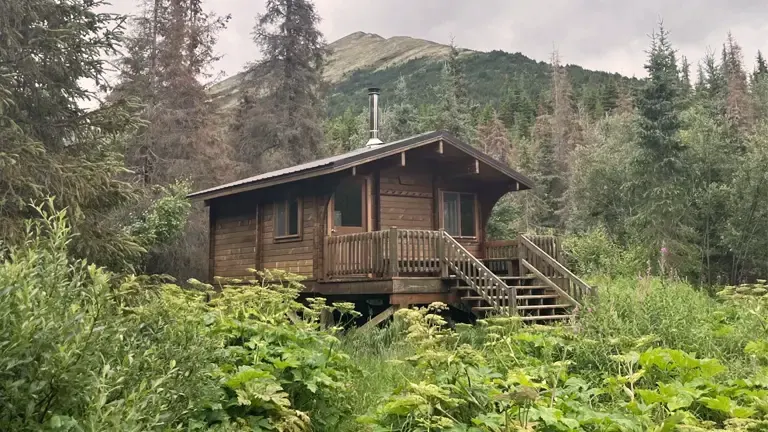
Purpose and Intended Use
Determine the purpose and intended use of the cabin. Are you seeking a serene retirement home, a vacation rental investment, or a part-time getaway? Your objectives will impact your choice of location, size, amenities, and potential rental income. Clarifying your purpose will help you make informed decisions throughout the buying or renting process.
Cabin Size and Layout
Consider the size and layout of the cabin to ensure it suits your needs. Evaluate the number of bedrooms, bathrooms, living areas, and storage spaces. If you plan to accommodate guests or host family gatherings, a spacious cabin with multiple bedrooms and common areas may be essential. Assess the functionality of the layout, the flow between rooms, and the overall comfort and convenience the cabin provides.
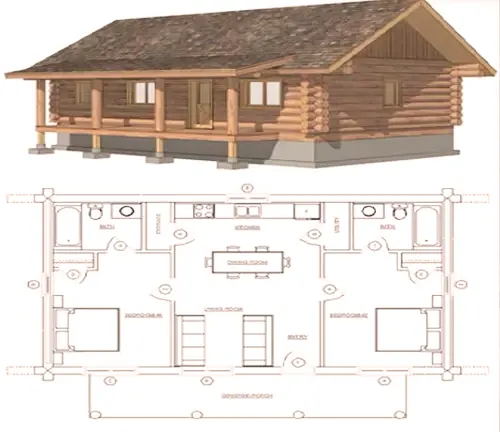
Budget and Financing Options
Establishing a budget is crucial when buying or renting a cabin. Determine how much you can comfortably afford, factoring in expenses such as property taxes, insurance, maintenance costs, and any mortgage payments if applicable. Research financing options available to you and assess the long-term financial feasibility of your investment.
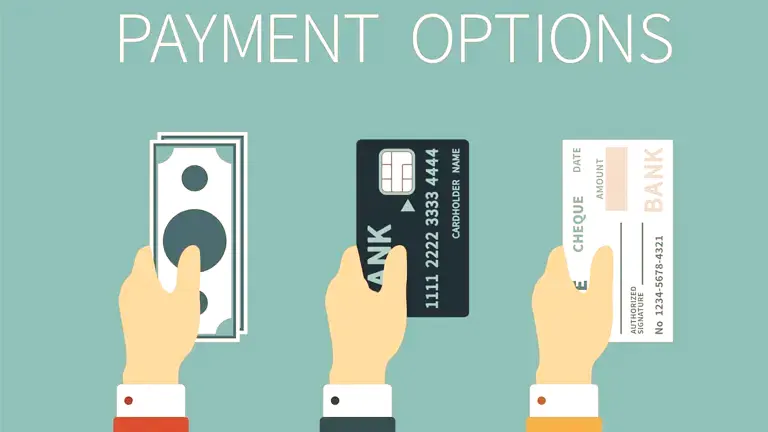
Cabin Condition and Maintenance
Inspect the cabin thoroughly to ensure it is in good condition. Look for signs of wear and tear, water damage, pest infestations, and structural integrity. Consider hiring a professional inspector to provide a comprehensive assessment. Additionally, understand the maintenance requirements of the cabin. Cabins in remote locations may need more regular upkeep due to exposure to harsh weather conditions or natural elements.
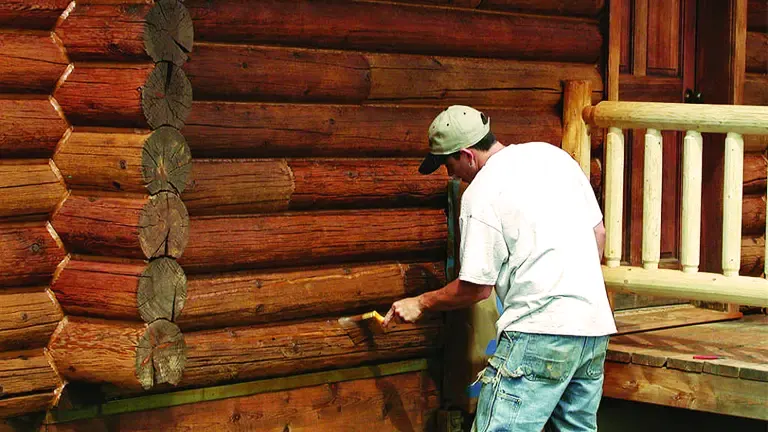
Amenities and Facilities
Evaluate the amenities and facilities available both within the cabin and the surrounding area. Consider factors such as heating and cooling systems, water sources, electricity, internet connectivity, and cell phone reception. If you have specific requirements, such as wheelchair accessibility or pet-friendly features, ensure the cabin meets those needs. Also, research the availability of recreational activities such as hiking trails, fishing spots, ski resorts, or other attractions that align with your interests.
Local Regulations and Zoning
Familiarize yourself with local regulations and zoning laws before finalizing your decision. These regulations may impact how you can use the cabin, whether for personal use or as a rental property. Check if there are any restrictions on short-term rentals, renovations, or commercial activities in the area. Understanding these regulations will prevent potential conflicts or limitations in the future.
Future Resale Value
While it may not be at the forefront of your mind when purchasing or renting a cabin, considering the future resale value is prudent. Factors such as location, nearby developments, market trends, and the condition of the cabin can all influence its potential appreciation. While it’s impossible to predict the future accurately, taking these factors into account can help safeguard your investment.
Conclusion
Buying or renting a cabin can be an incredibly rewarding experience, providing you with a peaceful retreat and the opportunity to reconnect with nature. By carefully considering the factors mentioned above, such as location, accessibility, cabin size, budget, amenities, maintenance, regulations, and future resale value, you can make an informed decision that aligns with your goals and ensures a fulfilling cabin experience. Remember to take your time, conduct thorough research, and seek professional advice when necessary. Whether you’re seeking a weekend escape or a permanent getaway, a well-chosen cabin can become your sanctuary in the midst of natural beauty.
Frequently Asked Questions
1. What should I consider before buying a cabin? Key considerations include location, access to amenities and recreation, the condition of the cabin, the cost of insurance, and the potential for return on investment if you plan to rent it out. It’s also important to consider the costs of maintenance, utilities, and potential property taxes.
2. How much does it cost to buy a cabin? The cost of a cabin can vary greatly depending on factors like location, size, condition, and proximity to popular recreational areas. Cabins can range from tens of thousands to millions of dollars. It’s important to budget not only for the purchase price but also for ongoing costs like maintenance and utilities.
3. Can I rent out my cabin when I’m not using it? Yes, many cabin owners choose to rent out their property when they’re not using it to help offset costs. Some popular platforms for this include Airbnb and VRBO. Be aware that you may need to pay for additional insurance and upkeep, and check if there are any local regulations regarding short-term rentals.
4. How can I find cabins for rent? There are many websites and platforms where you can find cabins for rent, such as Airbnb, VRBO, Booking.com, and others. You can also check with local real estate agents or property management companies in the area where you’re looking to rent.
5. What should I look for when renting a cabin? Key considerations when renting a cabin include location, size, amenities, and the reliability of the owner or property manager. Check reviews from previous renters, understand all costs and fees involved, and make sure you know who to contact if there are issues during your stay.
6. Do I need a real estate agent to buy a cabin? While it’s not absolutely necessary to have a real estate agent buy a cabin, it can be very helpful. An agent who knows the area can help you find properties that fit your needs, navigate the buying process, and negotiate a fair price.
7. What kind of maintenance does a cabin require? Cabins require similar maintenance to traditional homes, like cleaning, repairs, and yard work. Depending on the location and type of cabin, you might also need to do additional tasks like winterizing the cabin, maintaining a septic system, or managing pests.
8. Are there any special insurance considerations for a cabin? Depending on the location and usage of your cabin, you may need specific insurance coverage. For example, if you’re in a remote area or an area prone to wildfires or flooding, you’ll want to ensure you’re adequately covered. Similarly, if you plan to rent out your cabin, you’ll likely need additional liability coverage.
9. Can I buy a cabin as a primary residence? Yes, some people do choose to live in a cabin as their primary residence. However, this lifestyle might not be for everyone. Consider factors like the cabin’s proximity to amenities, work, and social activities, as well as the practicalities of living in a cabin year-round.
10. Are cabins a good investment? A cabin can be a good investment, especially if you rent it out when you’re not using it. However, like any investment, it’s not without risks. Consider factors like the cost of the cabin, ongoing costs, potential rental income, and the potential resale value. It’s also important to remember that the real estate market can be unpredictable.

John Carlos
Forestry AuthorThe beauty of logging isn't just about felling trees. It's about understanding nature, mastering the art of chainsaws, and respecting the environment. I believe in sharing my experiences and knowledge, ensuring that we move towards a sustainable future together.

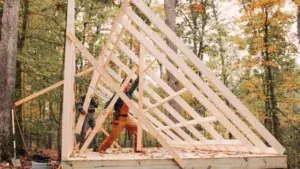
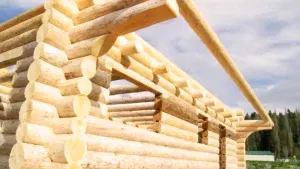
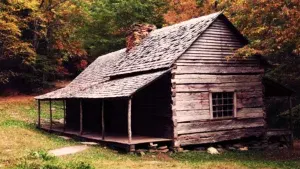
Leave your comment